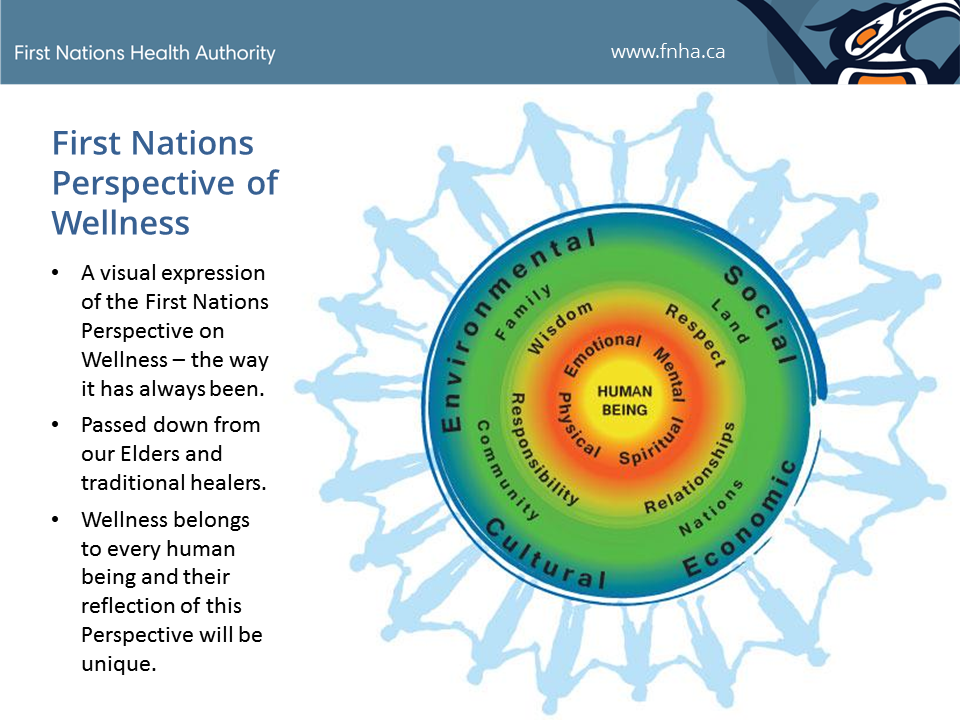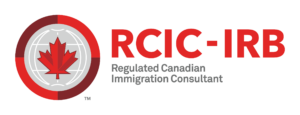First Nations Health Model: Lessons for Kelowna Immigrants

First Nations Health Model: Lessons for Kelowna Immigrants
A new First Nations health clinic in Osoyoos is showing promising results, offering valuable lessons that could significantly benefit immigrant communities in Kelowna. Many newcomers to the Okanagan face barriers when trying to access culturally competent and appropriate healthcare. This innovative approach in Osoyoos might just hold the key to improving health service models throughout the region. This model offers insights into improved health access.
Addressing Healthcare Challenges in Kelowna
Kelowna, a vibrant and growing city in the heart of British Columbia, is home to a diverse population, including a significant number of immigrants. However, navigating the Canadian healthcare system can be challenging, especially when cultural differences and language barriers come into play. Public Health Canada acknowledges these disparities and emphasizes the need for culturally sensitive healthcare services.
Many immigrants encounter obstacles such as:
- Language barriers
- Lack of familiarity with the Canadian healthcare system
- Cultural differences in healthcare beliefs and practices
- Difficulty finding healthcare providers who understand their specific needs
The Osoyoos First Nations Health Clinic: A Model for Inclusive Care
The recently established health clinic in Osoyoos, operating under First Nations principles of holistic well-being, provides a stark contrast. It prioritizes culturally safe and accessible care, creating a welcoming environment for all members of the community. The success of this clinic highlights the importance of culturally responsive healthcare – an approach that acknowledges and respects the cultural beliefs and practices of patients.
Key Features of the Osoyoos Clinic’s Success:
- Community Involvement: The clinic actively involves community members in the planning and delivery of healthcare services.
- Cultural Sensitivity Training: Healthcare providers receive training on cultural sensitivity and awareness, enabling them to provide more effective care.
- Language Support: Interpretation services are readily available to overcome language barriers.
- Holistic Approach: The clinic focuses on the whole person, addressing physical, mental, emotional, and spiritual well-being.
Potential Solutions for Kelowna
The strategies employed by the Osoyoos clinic offer invaluable insight for Kelowna. By adapting these approaches, Kelowna can improve healthcare access for its immigrant communities. This could involve:
- Establishing culturally specific health programs within existing healthcare facilities.
- Providing cultural competency training for all healthcare providers in the region.
- Partnering with local community organizations to offer culturally relevant health education and support services.
- Increasing the availability of interpretation services at hospitals and clinics.
Several organizations in Kelowna, such as the Kelowna Community Resources, already work to support immigrants in the region. Collaboration with these organizations is crucial to implementing effective and culturally responsive healthcare initiatives. For more information on community support, read about local immigrant services.
Improving Healthcare in the Okanagan
The success of the Osoyoos First Nations health clinic demonstrates the potential of culturally responsive healthcare models. By learning from their experiences and adapting their strategies, Kelowna can take significant steps towards creating a more equitable and accessible healthcare system for all its residents. Embracing these strategies is essential for building a healthier and more inclusive community in the Okanagan. This promotes better health access throughout the region.
Ultimately, ensuring equitable healthcare requires a commitment from healthcare providers, policymakers, and community members alike. By working together, we can create a healthcare system that truly meets the needs of everyone in Kelowna and the broader Okanagan region, reflecting the diverse tapestry of Canadian society. Further research on best practices for immigrant healthcare can be found on the Immigration, Refugees and Citizenship Canada (IRCC) website.

